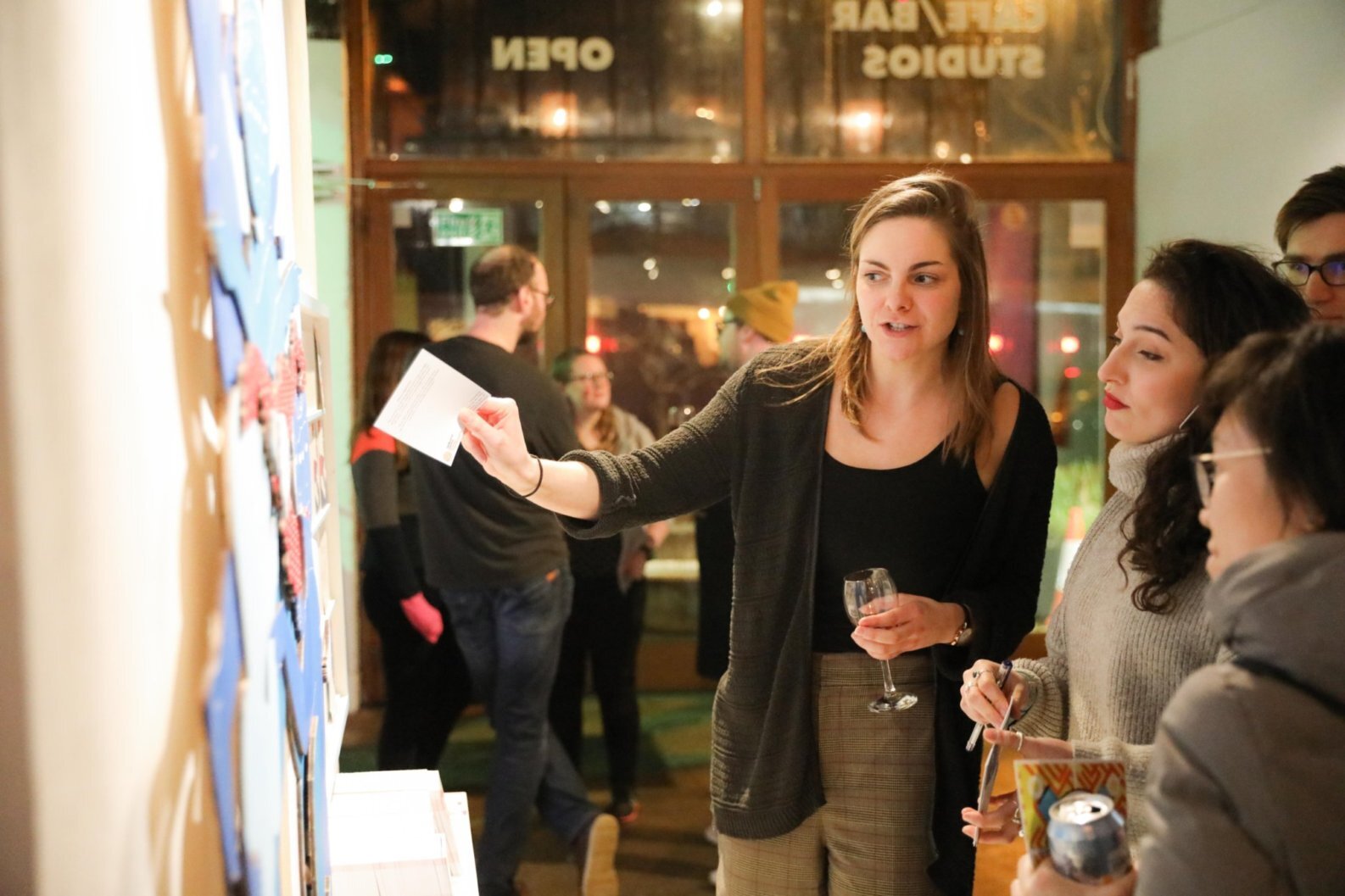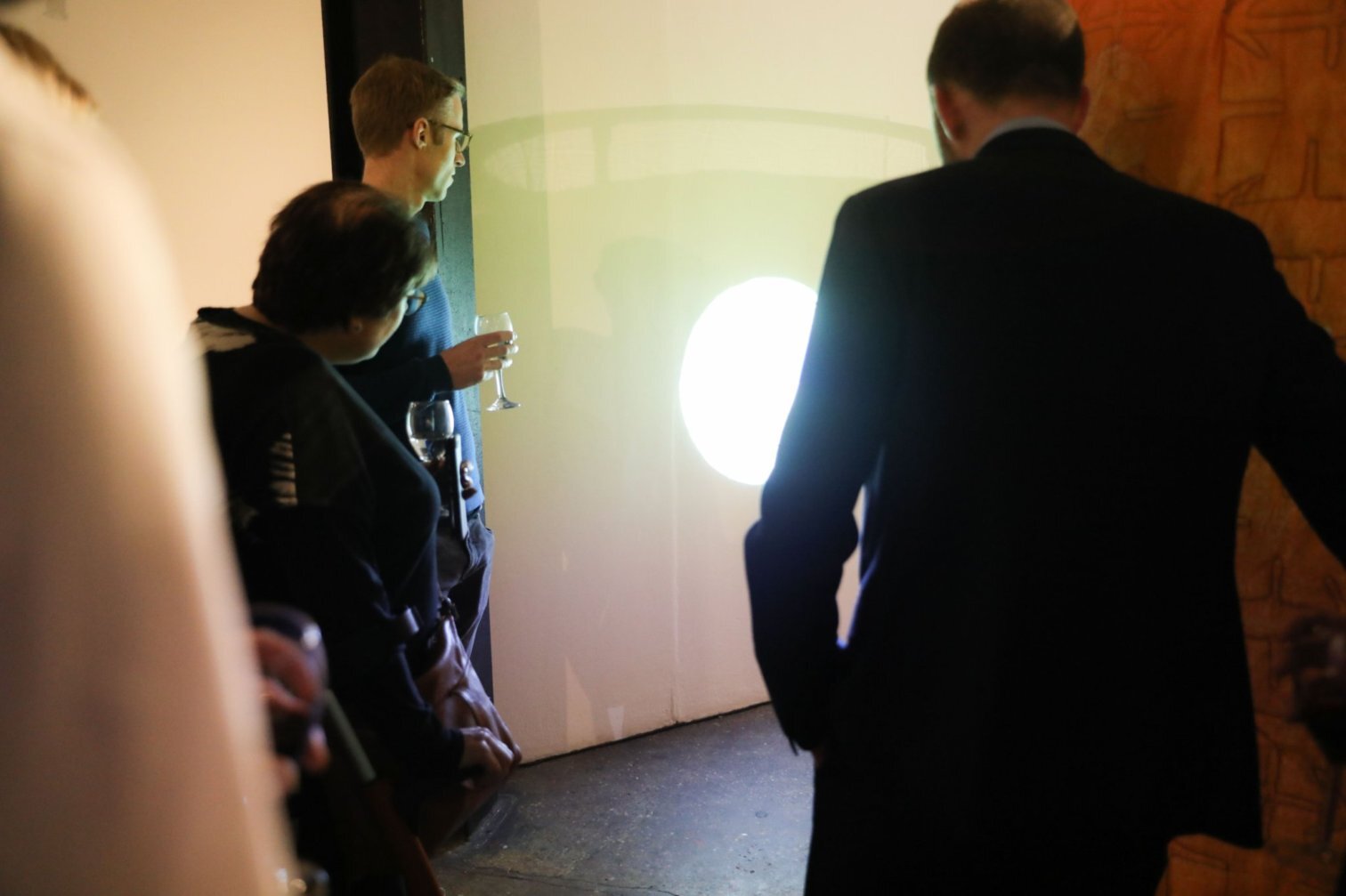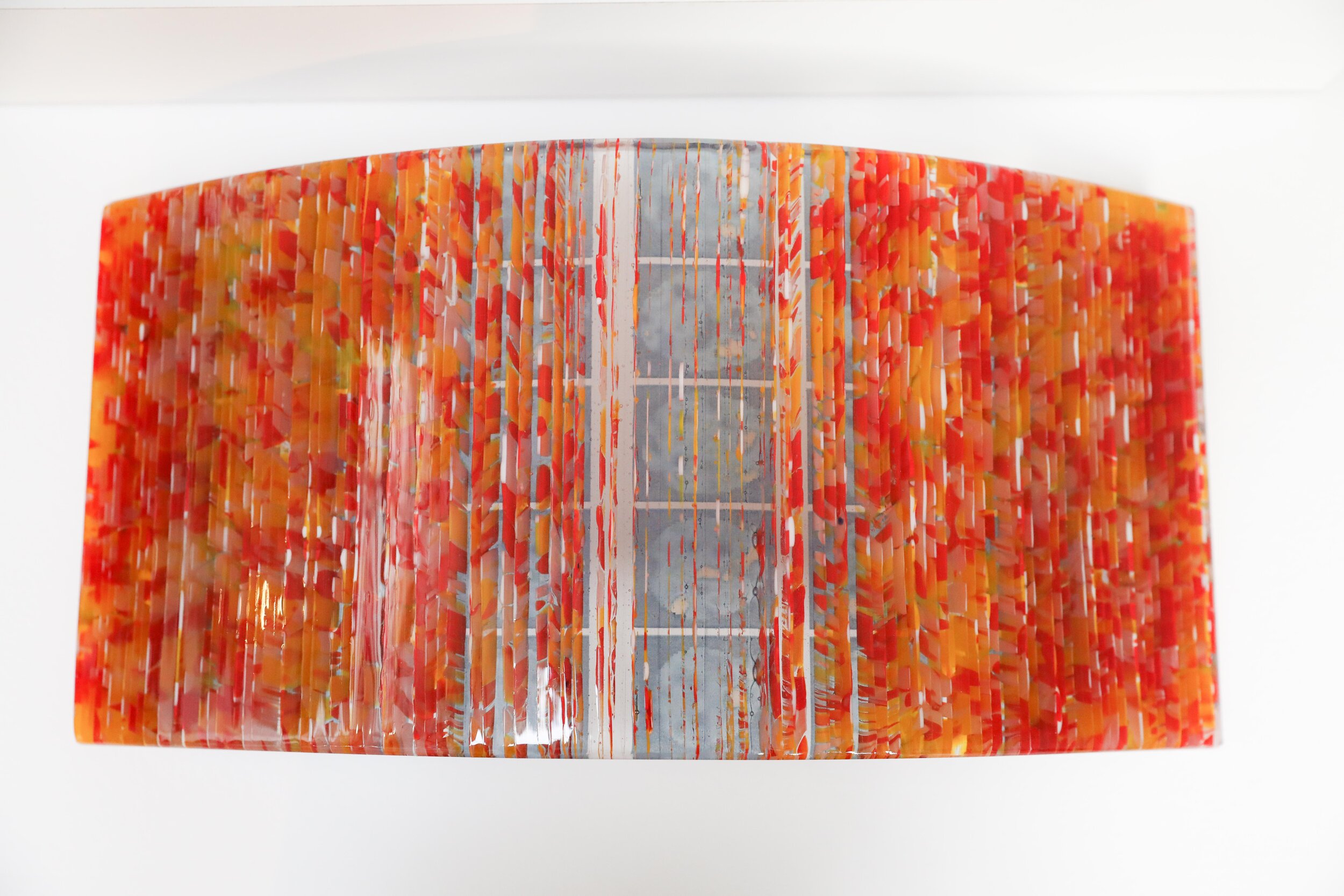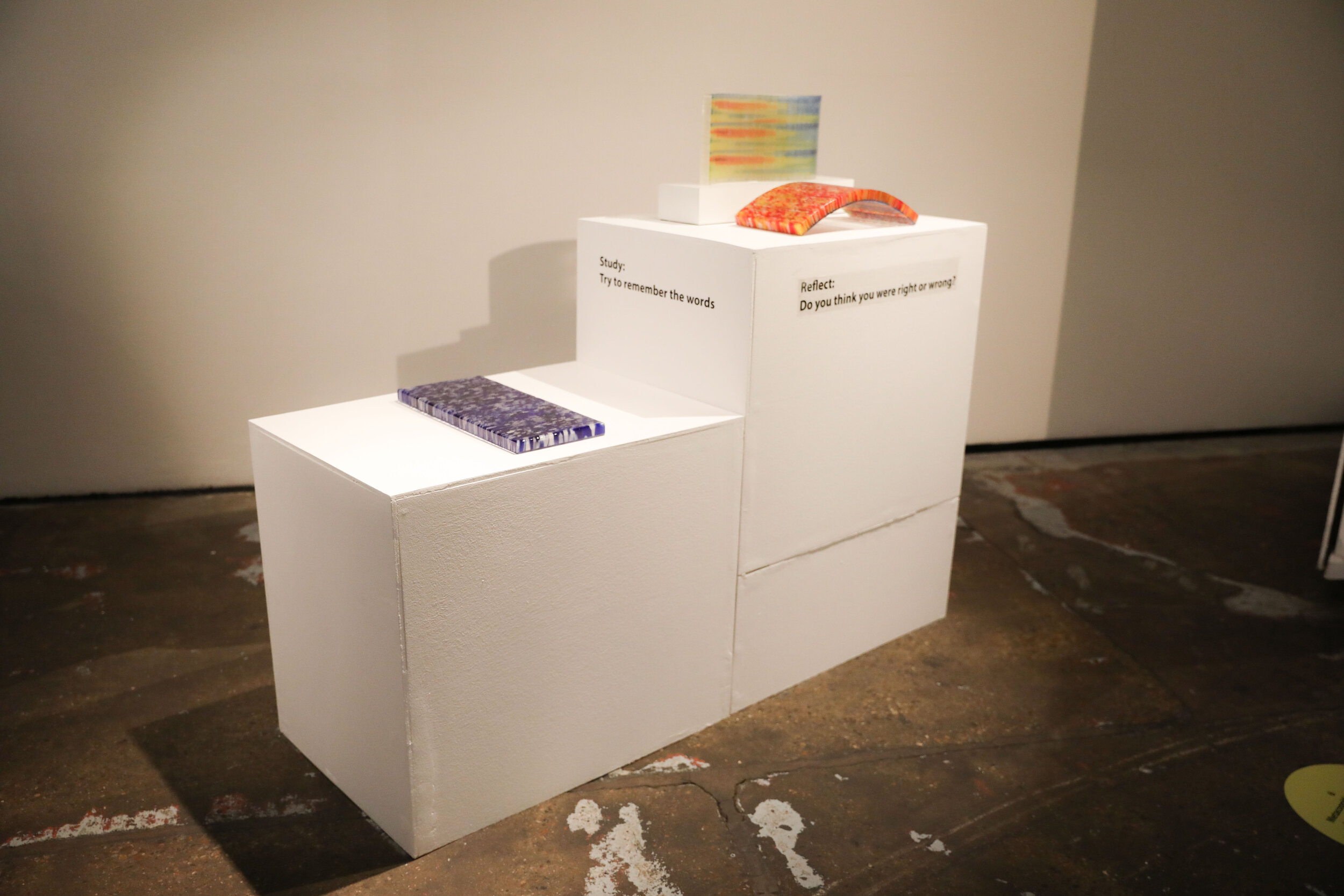The MetaLab have been awarded an EPSRC Programme Grant as part of a large team of researchers based at UCL and Oxford, led by Ingmar Posner at the Oxford Robotics Institute. This £6M award with multiple industry partners aims to deliver autonomous robot systems which amplify human capacity and potential. More details about the broader project can be found here.
Steve’s role in the project is to lead work on metacognition - the ability to reflect on and evaluate other cognitive processes. We anticipate that by building metacognitive capability into the robots of the future, they will become able to know what they don't know, improving collaboration and trust in human-robot teams. We will combine research on humans and human-robot teams to map metacognitive processes in humans (such as confidence judgments) to similar processes in robots to identify gaps and opportunities for novel, neuroscience-inspired architectures.
We will be advertising for a postdoc to lead this work in early 2021, please do get in touch if it’s of interest!
























